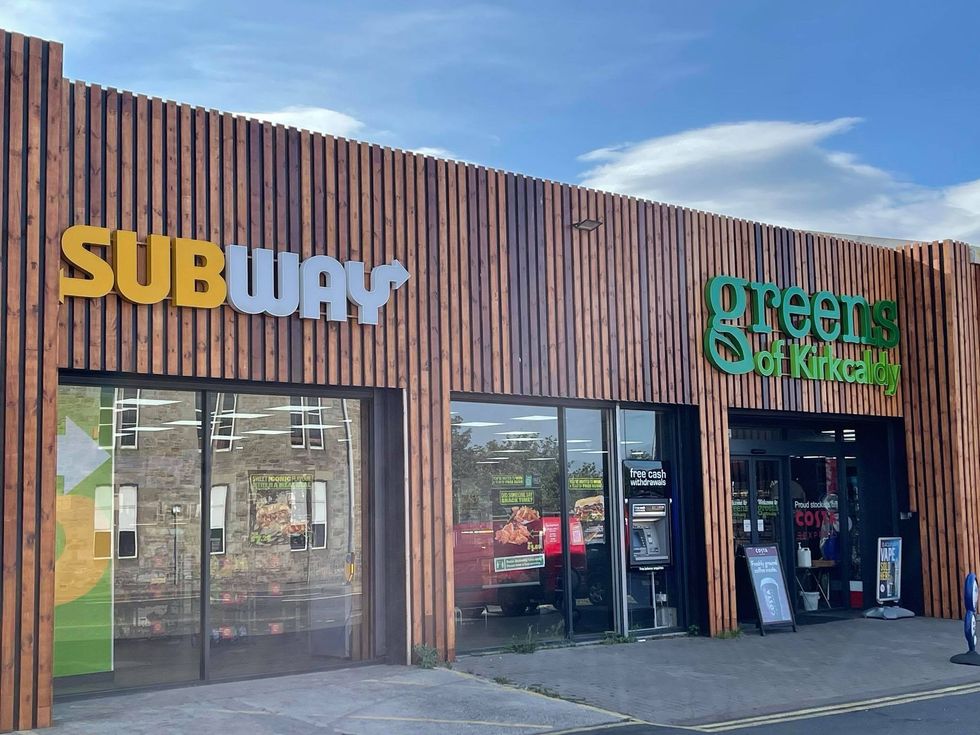Greens Retail (formerly Eros Retail) have appointed Dominic Plomer-Roberts to their newly created role of Supplier Relations Manager, joining the company’s trading team at a time of significant growth.
Plomer-Roberts has over 22 years’ experience in the buying, procurement, convenience and FMCG sectors. His primary responsibility at Greens will be to develop strong relationships with existing and new suppliers particularly by implementing mutually beneficial commercial supply agreements and joint business plans.
Most recently, he is joining Greens Retail after 13 years working at Jempson’s, a family-owned chain of supermarkets, convenience stores, bakeries and cafes based in the South-East of England as Supplier Business and Marketing Manager.
“I am delighted to be welcoming Dominic to our team whom joins us at this very exciting time in our journey of creating Scotland’s leading chain of convenience stores,” said Group Managing Director, Harris Aslam.
“We are determined to ensure we have the best people leading our business driven by their passion and determination for the sector. Having known Dominic for several years, I am confident he fits this description and am proud we continue to attract such talent.“
Plomer-Roberts said “Over the last 13 years, I have been fortunate enough to have worked with some truly incredible people, and have had some wonderful experiences along the way. I am immensely proud of what I have achieved, as well as the relationships I have established during my Jempson's career.
“I’m absolutely delighted to announce that I will be joining the team at Greens Retail. This is a really exciting time for me, particularly given the respect and admiration I have for what Greens have accomplished, their passion, as well as the business plan to drive the company forward and I am privileged to have been given the opportunity to join the team.
“I’m incredibly excited about my next adventure and the new opportunities, and I look forward to continuing, developing and establishing new relationships.”
Following induction, Plomer-Roberts is delighted to be welcoming virtual meetings with existing and prospective supplier relations from W/C 16 May which can be arranged here.







